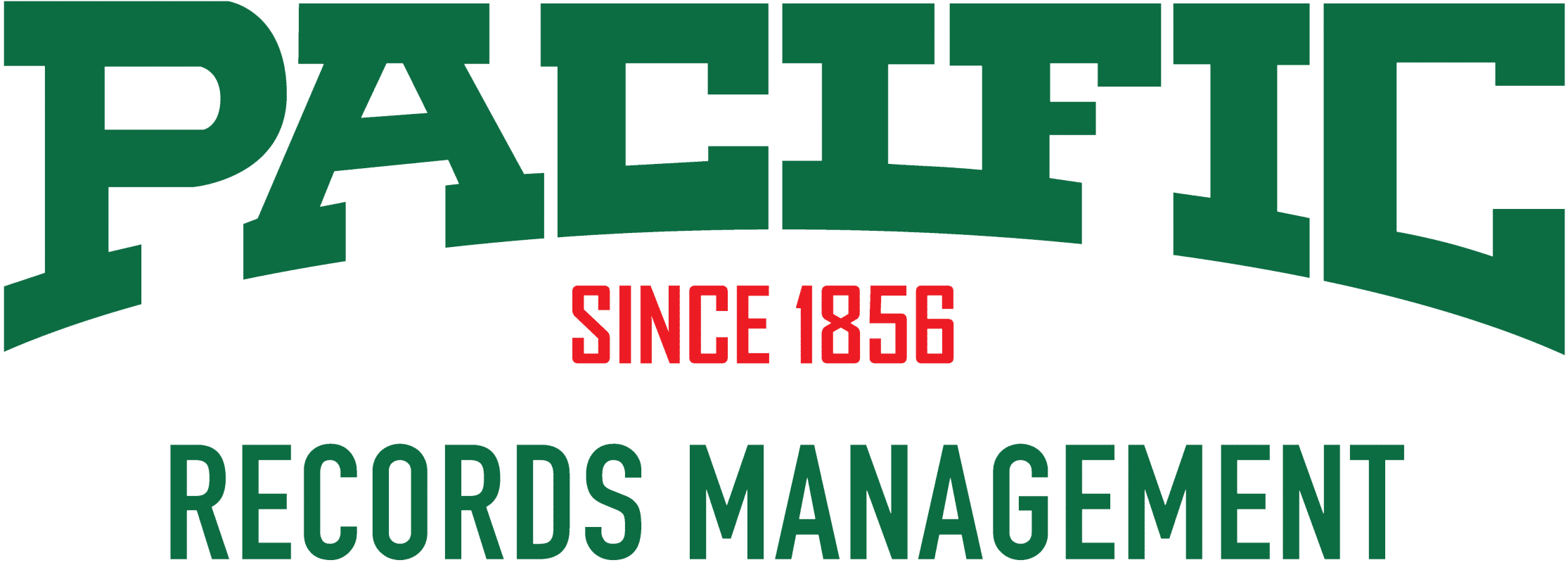3 Easy Ways to Protect Your Business Information
When you think about the different places your business data resides and all of the threats to that information, it’s easy to get overwhelmed. All the worry about theft, fires, flooding and negligence can—ironically—lead to inaction. Here are three simple steps you can take to make sure that your business information is protected.
1. Enhance your disaster recovery capabilities
Although thinking about how a disaster can impact your business may seem pessimistic, it’s necessary to acknowledging that a natural disaster or catastrophic event could render your organization inoperable. Doing so enables you to take preventative measures to ensure a fast and complete recovery. Paper records are especially vulnerable to disasters, and given that a great deal of your business information resides in paper documents, it’s essential to put a protection plan in place. Any documents vital to your business should be stored off-site. Such documents may include:
- client files and contracts
- tax records
- personnel files
- legal records
In addition to making sure that the facility where you store your records has comprehensive fire protection and theft prevention systems, it is also important to make sure that your off-site inventory can be swiftly retrieved in the event of an emergency.
2. Properly destroy paper records
Adhering to retention policy guidelines doesn’t just mean keeping documents; you also need to make sure your paper records are thoroughly destroyed in a timely manner. In many offices, both day-to-day and inactive paperwork containing confidential information in offices are either left out in the open or end up in trash and recycling receptacles, increasing identity theft and business fraud risks. Typical office shredding machines are time-consuming to use and often unreliable. A scheduled shredding service eliminates costly data breaches by facilitating regular, secure disposal of paper documents. Whole files containing staples and paper clips can be disposed in a locked shredding collection container in a matter of seconds. When these containers are strategically placed within your office, confidential paperwork is less likely to be compromised.
3. Store backup media off-site
Backing up your business information is only the first step in data protection. Like your vital paper records, your backup media should also be moved off-site in order to ensure business continuity and data recovery in the event of a disaster. But because backup tapes and hard drives are especially sensitive forms of media, they need be stored in a very specific type of environment. The slightest temperature and humidity fluctuations can degrade the data stored on backup media. Light and dust pollution can inhibit proper functioning. Strong magnetic interference can even completely erase data stored on a backup tape or hard drive. Therefore, you should avoid storing your backup media in a commercial warehouse or self storage facility and instead look specifically for a vault facility built specifically for the long-term protection and preservation of backup media assets. The vault should offer:
- strict temperature and humidity monitoring
- gas fire suppression systems
- shelving systems that minimize light and dust pollution
- security surveillance technology
When stored off-site, your media should also be able to be quickly and easily retrieved to support any data recovery efforts. Look for a media vault facility which offers barcode tracking of your backup tapes so your data can be restored within your recovery time objectives (RTOs).
Pacific Records Management provides records and information management solutions to businesses throughout Fresno, Stockton, Sacramento, Modesto, and Napa and Solano Counties. For more information, please contact us by phone or complete the form on this page.
